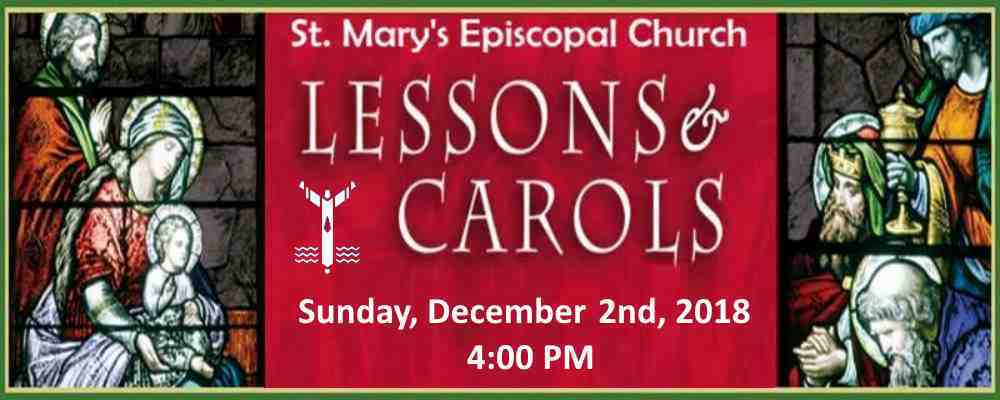John 12:1-11 is the Gospel reading for Monday in Holy Week.
Six days before the Passover Jesus came to Bethany, the home of Lazarus, whom he had raised from the dead. There they gave a dinner for him. Martha served, and Lazarus was one of those at the table with him. Mary took a pound of costly perfume made of pure nard, anointed Jesus’ feet, and wiped them with her hair. The house was filled with the fragrance of the perfume. But Judas Iscariot, one of his disciples (the one who was about to betray him), said, “Why was this perfume not sold for three hundred denarii and the money given to the poor?” (He said this not because he cared about the poor, but because he was a thief; he kept the common purse and used to steal what was put into it.) Jesus said, “Leave her alone. She bought it so that she might keep it for the day of my burial. You always have the poor with you, but you do not always have me.”
When the great crowd of the Jews learned that he was there, they came not only because of Jesus but also to see Lazarus, whom he had raised from the dead. So the chief priests planned to put Lazarus to death as well, since it was on account of him that many of the Jews were deserting and were believing in Jesus.
* * * * * * * * * *
This is an extraordinary act of devotion, of love, of worship. Mary’s action cannot be justified or explained in terms of anything else. It does not in any direct way spread the Gospel, feed the poor or heal the sick. The purpose of her action is to express her deep, deep love for Our Lord.
She had her critics. So does everybody who loves God. Don’t people regard you as unreasonable for giving hundreds or thousands of dollars a year to your Church? for spending your time in church services or church work? for praying when you could be doing something useful?
We are tempted to answer people on their own terms – to justify what we’re doing in terms they will recognize and accept. Worship makes us better people so we are good to others. The money we give to the Church helps those in need. Prayer moves us to action. And that’s all true and fair enough and needs to be pointed out from time to time. In fact, when our love grows cold these kinds of considerations help us to stick with it, to persevere.
But as good as all these results are, do they explain why we do what we do? Why do we worship and pray and give? Is it not because somehow, in some way, the love of God has touched our hearts and we are struggling to find some fitting way to love him back? When we offer this Holy Sacrifice of the Eucharist are we not doing so primarily to praise and glorify God, to give ourselves to him in love? Yes, we come to be taught through the Scriptures, to pray for those in need, to receive the Life of Christ to strengthen us. But above all and before all, aren’t we saying, “Take my life and let it be, consecrated Lord to thee.”
I suppose the honest answer is “sometimes yes, – often, no.” We are not always at our best. But we see this. Mary has it right. Love him and express that love to him and all will be well. As St. Paul says, there are all kinds of gifts of the Spirit, but the greatest is love. Everything else will vanish away, but love remains.
God is love. Whoever lives in love lives in God and God in him. Perfect love casts out fear. It fulfills the commandments. It covers a multitude of sins. Love binds us to God.
The crucifix is the sign of God’s extravagant, unreasonable, overwhelming love for us. The acts of worship in Holy Week are the Church’s efforts to emulate Mary’s love for the Saviour – anointing the Lord’s feet with our prayers. When the fragrance of our devotion fills the whole household of God then the Church will be what she is really meant to be – the bride of Christ, at one with him.
On Good Friday we are going to sing: “Were the whole realm of nature mine, that were an offering far too small. Love so amazing, so divine, demands my soul, my life, my all.”
May God accept our offering of ourselves in Christ, who loved us and gave himself for us, an offering and a sacrifice for sin.







Leave A Comment